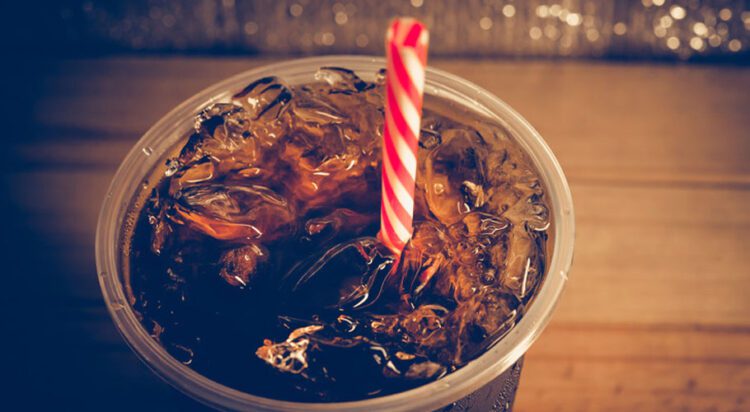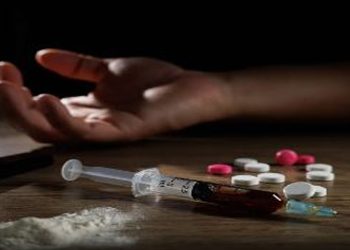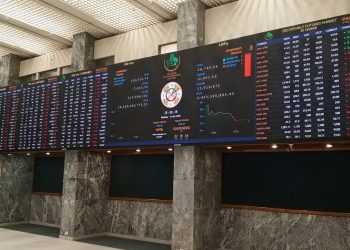Did you know consuming artificially sweetened drinks a week could increase the risk of a dangerous irregular heartbeat by 20%?
According to a new study by researchers in China, the consumption of more than two liters of diet soda or any other artificially sweetened drinks a week could increase the risk of a dangerous irregular heartbeat by 20% compared with people who drink none.
The study published in The Guardian found that people who drink such beverages could be more exposed to a condition known as atrial fibrillation. As per Theodore Maglione, an assistant professor of medicine and a cardiologist specializing in cardiovascular disease and cardiac arrhythmias at Robert Wood Johnson University Hospital in New Jersey, atrial fibrillation is a chaotic quivering of the top chambers of the heart. “Normally, they beat in an organized fashion,” he notified.
Symptoms of atrial fibrillation include fatigue, shortness of breath, and palpitations. Atrial fibrillation can often be genetic but there are also some modifiable risk factors.
“Some things you cannot control are your genetics and age – which is a big risk factor as well. Some of the things you can control would include smoking, hypertension, uncontrolled sleep apnea, obesity, and nutrition,” he said.
Making sure blood pressure is optimized is important when it comes to A-fib, as well as a “heart-healthy lifestyle”, Maglione said. “Diet and exercise have been shown to decrease recurrence rates of atrial fibrillation after we treat them with certain procedures,” he said.
The jury is not out on whether the low-calorie or zero-calorie sodas with artificial sweeteners are any healthier than the conventional for-calorie sodas. When it comes to A-fib and nutrition, avoiding foods that are high in cholesterol and fat, and doing regular exercise, are key.
The study also looked at added-sugar beverages and pure unsweetened juices, such as orange juice. It was found that added-sugar beverages were associated with an increased risk of A-fib by 10%, while drinking roughly four ounces of pure unsweetened juices was associated with a lowered risk of the condition by 8%.
Penny Kris-Etherton, a nutritional sciences professor at Penn State University, told CNN: “This is the first study to report an association between no- and low-calorie sweeteners and also sugar-sweetened beverages and increased risk of atrial fibrillation.”
Soda fiend or not, Maglione said it was important to be aware when it comes to medical matters of the heart.
This article was amended on 6 and 8 March 2024. The study looked at the consumption of more than two liters of artificially sweetened drinks a week, not two liters a day as an earlier version said.




































